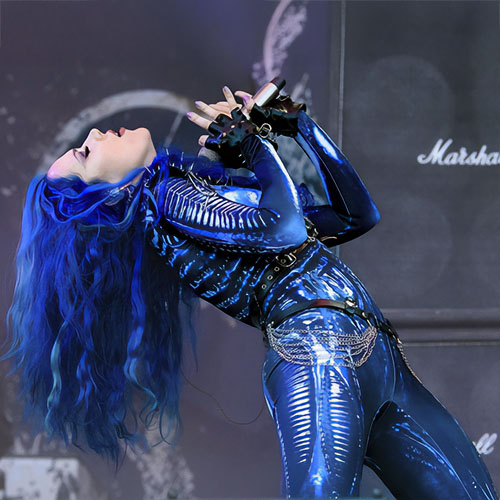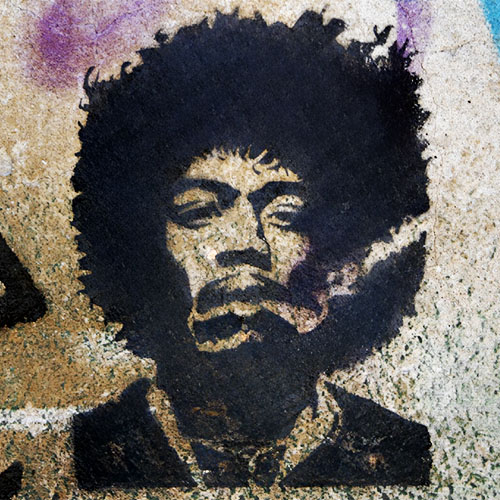The surprise success of Scottish band Mogwai’s latest album, As the Love Continues — which reached No. 1 on the U.K. charts — raises some questions, but maybe none more pertinent than this: Have Mogwai moved closer to the world, or has the world moved closer to Mogwai?
Earth to Mogwai
The band’s 1997 debut album, Mogwai Young Team, peaked at No. 75 on the U.K. charts just a few months after Tony Blair’s New Labour seized power with its new masculinity, new meritocracy, new everything — a Team-U.K. shininess, brashness and pre-Iraq War confidence reflected in sobriquets such as Britpop and Cool Britannia. Be Here Now by Oasis and Spiceworld by the Spice Girls were the bestselling U.K. albums that year.
But 1997 also doffed its coffin lid to 18 years of enervating Tory rule, in which Mogwai’s home city of Glasgow had been ridden by the U.K. government into managed decline and its industry gutted, with its citizens’ life expectancy ranking persistently the lowest in the U.K. and among the lowest in Europe. Optimism? Brashness? Well, no, not just for the sake of it.
Mogwai’s blueprint differed from the polished post-rock of many of the bands with whom they were originally compared, including Sigur Rós and Godspeed You! Black Emperor. They were — and are — more accurately, an epic alternative rock band playing mostly without a singer, as very few Mogwai songs have vocals. Their quiet-loud dynamic is elevated to a genuine art form, their music spraying wood chips of frustration, anger, chutzpah, contemplation and — in the most authentic, hard-won way — euphoria.
In addition to their increasingly successful studio albums — 2014’s Rave Tapes and 2017’s Every Country’s Sun both reached the U.K. Top 10 — the last quarter-century has seen the band record scores for the film Kin (2018), TV’s Les Revenants (2012–2015), and the documentaries Zidane: A 21st Century Portrait (2006) and Atomic, Living in Dread and Promise (2015).
As live albums and festival appearances attest, their musicianship and international appeal goes way beyond the studio walls. What they lack in well-honed stage banter is made up for in sheer aural awesomeness — guitars, drums, electronica and keys commingling, rising and overwhelming with sounds so delicate, ferocious and intertwined, they’re almost impossible to trace back to their originating amps.
As the Love Continues comes at us as deep, dark and cohesive — from its warm, bassy foothills, to its electronica-infused peaks. Transcendence and solace come as glorious breaks in the clouds. As Pitchfork put it, these are “mountainous songs suffused in nameless sadness” — a new range, so to speak, but not a new direction.
Talking to The Guardian, frontman Stuart Braithwaite described the album’s success as “totally surreal, completely unexpected. At no one point ever has anyone even working with us said we’re going to have a No. 1 album — it’s not the kind of thing that enters into our orbit.”
Until now, of course. As the world labors through a health crisis, economies crater, and political and social optimism is, to put it mildly, scarce, we have all entered into Mogwai’s orbit, and they ours.
For people still living in the physical collection days, one may find As the Love Continues by Mogwai (Rough Trade) available now on Amazon. Should you be one of those that enjoys looking down on the world from a room filled with your vinyl collection, you may run that route on Amazon as well. For the rest of us more modern — read: not yet groaning when we stand up — there are the traditional Spotify, YouTube Music, Apple Music, and Pandora options. Feel free to feed after midnight. No Gremlins were harmed in the creation of this article.

















